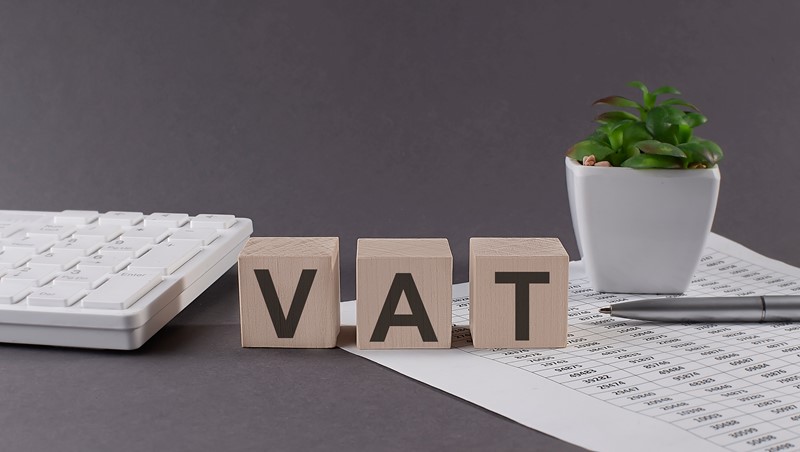
by | Feb 26, 2026 | Value Added Tax
When issuing invoices, it is important to apply the correct VAT treatment. In some cases, that means not charging VAT at all. Although most UK businesses charge VAT at the standard rate of 20%, there are other rates and categories that may apply. Understanding these...
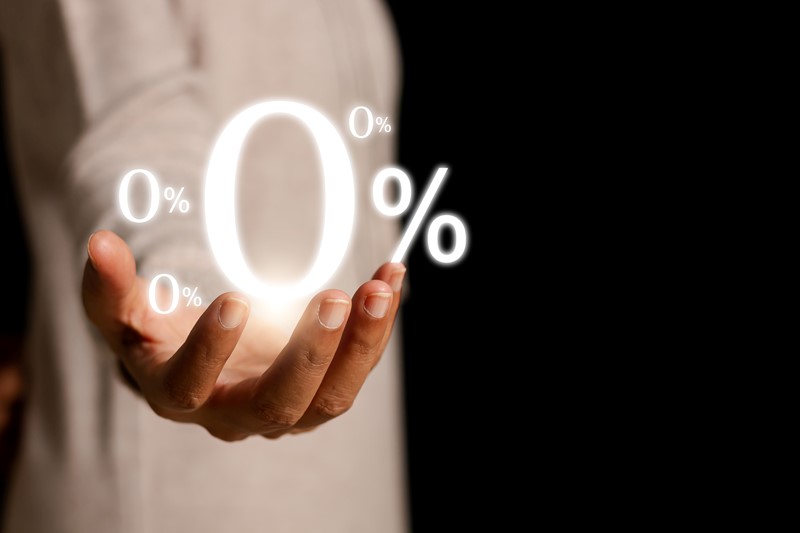
by | Feb 26, 2026 | Value Added Tax
Understanding which supplies are zero rated for VAT is essential for any business. A zero-rated supply is still a taxable supply, but it is charged at a 0% VAT rate. This distinction is important because VAT incurred in making a taxable supply can still be recovered....
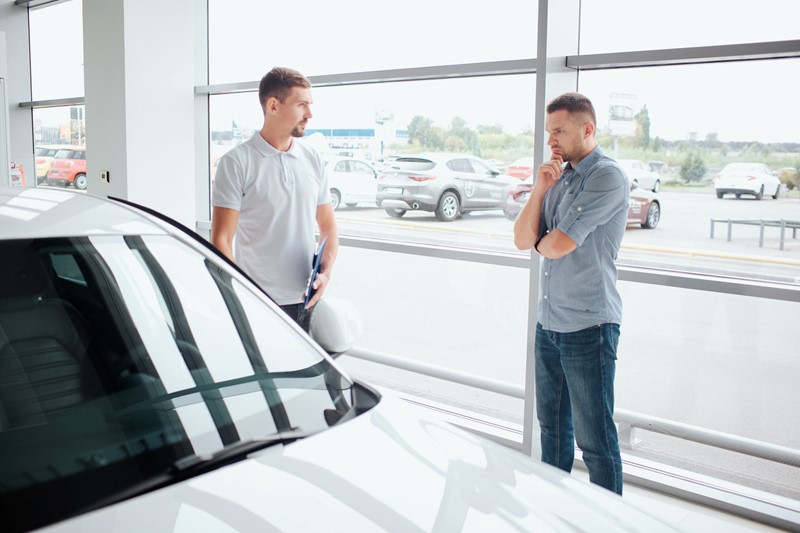
by | Feb 5, 2026 | Value Added Tax
The question of whether or not you are required to charge VAT when selling a company car depends on how the vehicle was bought and whether VAT was recovered at the time. Understanding these distinctions can help ensure the correct VAT treatment and avoids costly...

by | Jan 8, 2026 | Value Added Tax
Verifying a VAT number before reclaiming VAT can protect your business from rejected claims, repayments, and unnecessary penalties.The online service for checking a UK VAT number is available at www.gov.uk/check-uk-vat-number. This online tool allows businesses and...
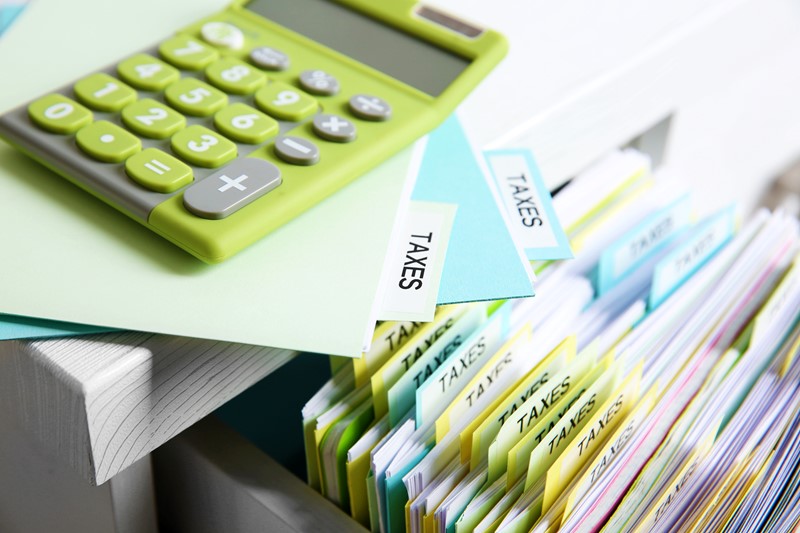
by | Jan 2, 2026 | Value Added Tax
For eligible businesses, the VAT Annual Accounting Scheme can reduce paperwork, smooth cash flow and replace quarterly returns with a single annual submission. The VAT Annual Accounting Scheme is open to most businesses with a taxable turnover of up to £1.35...
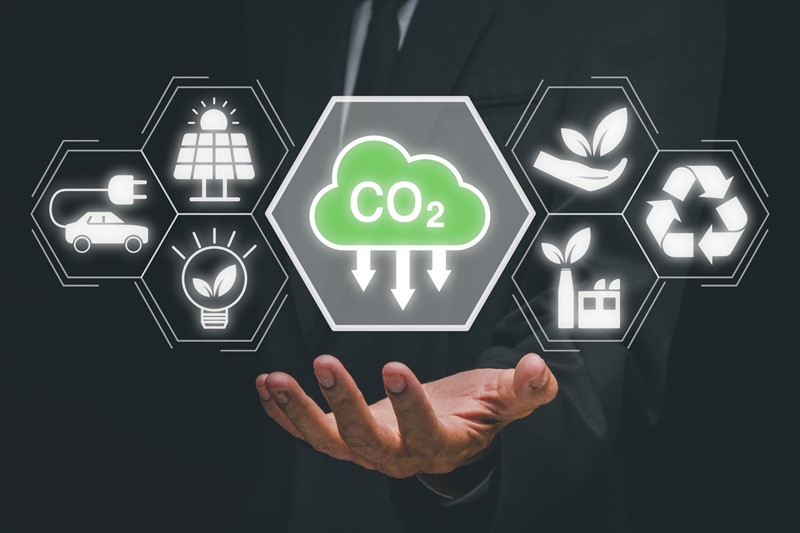
by | Dec 4, 2025 | Value Added Tax
VAT road fuel scale charges are fixed, standardised amounts that businesses must use to account for output VAT when they provide fuel for private use in a vehicle that is also used for business purposes. The VAT road fuel scale charges are published annually with the...









 Client Portal
Client Portal